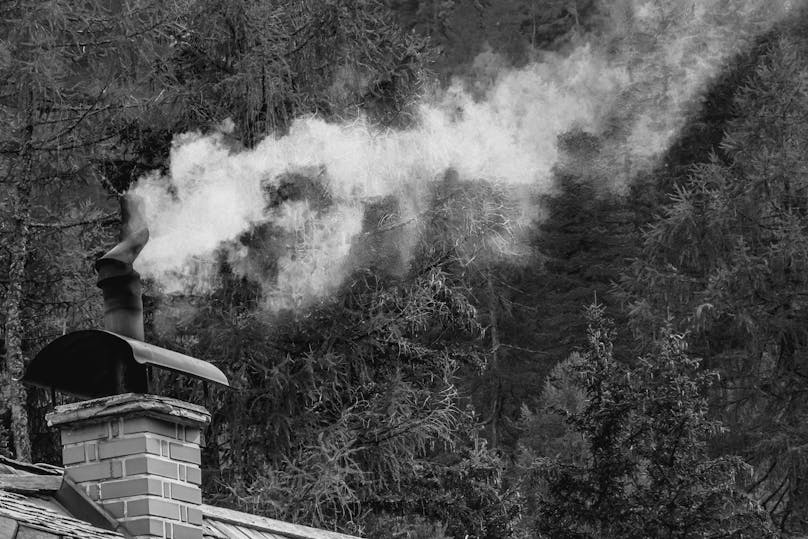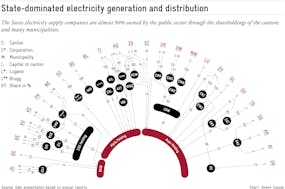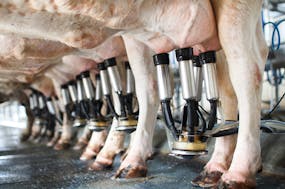Prices for fossil fuels like oil and gas have increased more sharply in recent months than – in certain cases – for a decade. In some parts of Switzerland, petrol is now retailing for CHF 2 a liter.
Simultaneously, the cost of investing in renewables like solar and wind power has fallen massively and is not subject to similar market vicissitudes. In the circumstances, the transition to net-zero energy should be a no-brainer.
The aftermath of the yellow vest protests
Such conditions would have appeared ideal for international agreement at the UN’s recent COP 26 Climate Change Conference in Glasgow. But the outcome showed many countries trusted neither the market, nor their own electorates, as they announced stricter CO2 reduction targets. France, for example, where memories of the yellow vest movement of 2018 are still fresh, will pay more than half its population € 100 in ‘inflation compensation’ from December. Gas prices will also be capped by the state.
Such measures set the wrong incentives: selling a commodity below its market price runs counter to an economic use of a scarce resource. Suppliers need to buy gas on the international market at short notice and risk bankruptcy through a mismatch between spot and selling prices – a state of affairs that has already led to bail outs of some stumbling suppliers in the UK. Germany, meanwhile, is flirting with increasing its “commuter allowance”, which would make long commutes to work even more attractive from a tax perspective – with the result of increasing mobility. At the same time, these countries are subsidizing the energy transition to the tune of billions of euros a year. Speeding up and slowing down at the same time – a lot of effort for little effect.

The increase in the price of fossil fuels should not be jeopardized with offsets. (Sandra Grunewald, Unsplash)
A free energy turnaround?
Where does Switzerland stand? Calls for compensation for high energy prices have been relatively muted – so far. That is partly because of the local energy mix, which relies less on fossil fuels, and more on hydro and nuclear power. Moreover, the energy component often accounts for less than 25 percent of the final selling price for fuel – the rest being taxes, fixed charges and mark-ups. A change in international energy prices thus only has an attenuated impact on the final price. But calls for a “free” energy transition are growing louder following last June’s referendum on the matter.
A ‘politically perfect’ climate measure would cut greenhouse gas emissions without changing anything in the distribution. This is difficult. A second best would financially support environmentally friendly technologies – at least to keep some of the electorate happy: subsidies that change relative prices in favor of greenhouse gas-free energy sources are after all popular. However, subsidies are rarely technology-neutral, nor do they reflect the scarcity of the subsidized good. For example, making electrically powered vehicles cheaper leads to a reduction in the cost of mobility. Such a measure is not efficient.
Rising prices for fossil fuels should not burden the population overmuch. Still, it is clear that the energy transition will not be cost free. The transition could be made eased by greenhouse gas levies and full redistribution, so that fewer economic resources are used for the same reductions.
True costs and trust in market forces
Up to now, burning fossil energy has benefited from the fact that the associated greenhouse gas emissions have been cost free. The current increase in the price of fossil fuels is an opportunity for climate-neutral solutions, uncompromised by subsidies. What we need is greater trust in the guiding forces of the market.





